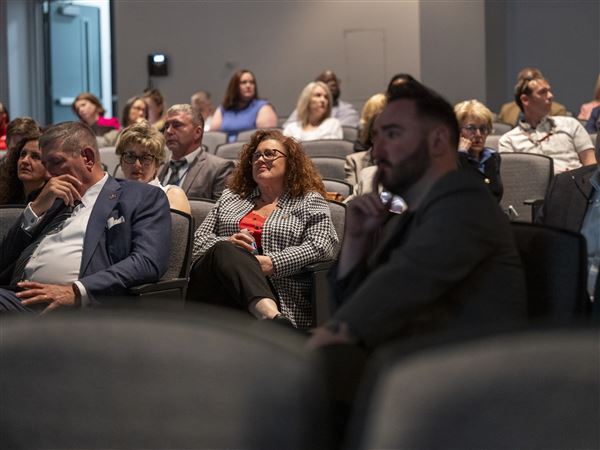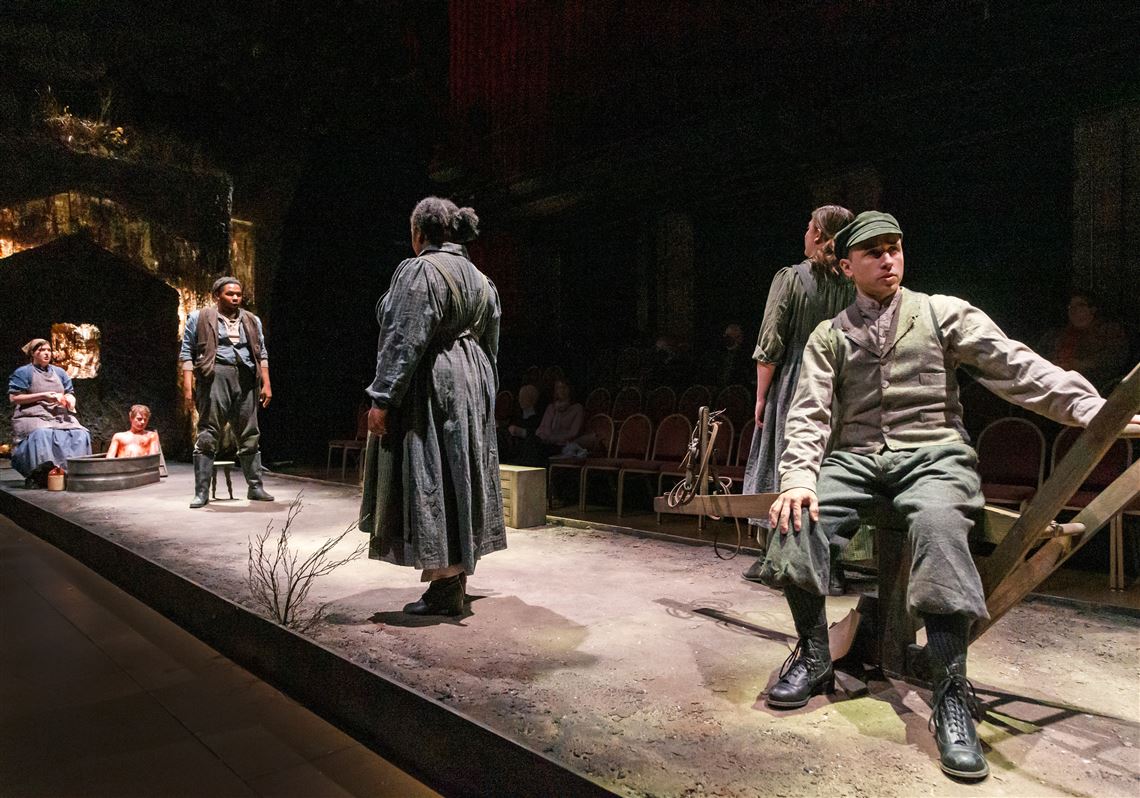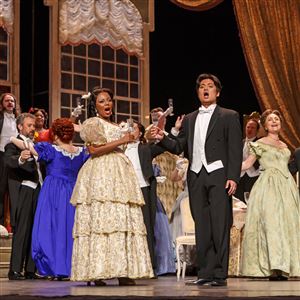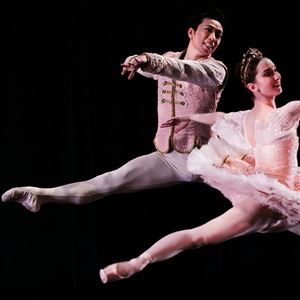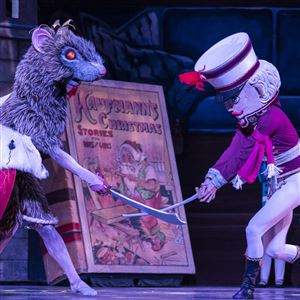A Gallup poll from 2019 reveals that about 70% of Americans believe that by working hard and playing by the rules, the American dream remains achievable.
This is about a bleak, biting piece of theater for the more pessimistic 30%.
Pittsburgh Opera is currently staging a 2018 American opera called “Proving Up” (music by Missy Mazzoli, text by Royce Vavrek and based on a short story by Karen Russell) at its 200-seat headquarters in the Strip District.
It’s a 90-minute, horror-tinged meditation on the American dream, an unsettling sketch of history’s unsung losers, yet another in a long line of newer operas that lean into discomfort and tension over optimism. More on why new operas tend to lean this direction shortly.
Sod story
The plot is straightforward: A family in Nebraska is on the verge of “Proving Up,” a historical term that references Abe Lincoln’s 1862 Homestead Act, an archaic bit of legislation that granted free land up to 160 acres to any man, woman, freed slave or naturalized immigrant who migrated west to tame the frontier. In addition to working the land for five years, the act has numerous stipulations, including a house with a window.
The opera fixates on this window, as the family sends its youngest living child out on a tragic quest to loan a window to another homesteading family to allow them to pass a government inspection.
A glass window — such a fragile thing.
In Pittsburgh, the action takes place on a strip of harshly lit stage between the two facing halves of the audience, a strip of hardscrabble dirt with graves and a house of sod. Mazzoli’s score is tense and textural, at times a mood-setting device and at times an active participant in the narrative. Under the direction of conductor James Lesniak, the orchestra wove a dream-like tapestry of sound, with brief, colorful melodic fragments bursting forth at times.
The Steel City’s opera company has a nationally renowned resident artist program for early career singers to train and perform for a two-year period. The residents typically fill the casts for these contemporary shows, and they did so Saturday with aplomb. Particularly excellent were Fran Daniel Laucerica as Miles, with a sweet tenor imbued with a refreshing optimism in the face of the rest of the opera’s gloom, and Brandon Bell as the head of the family, whose frustration was palpable in his rich baritone.
Shifting the window
The opera has the subtlety of a bulldozer. That expensive, frangible window is a pointed metaphor. The family’s willingness to sacrifice sweat, blood and even each other to acquire property is a pointed metaphor. (This one lands a little closer to home with today’s interest rates and housing prices).
The cackling shades of the family’s two dead daughters are initially tragic figures that become parodies by the close. Even the opening chorus of the opera, the historic 1862 song “Uncle Sam’s Farm” is pretty on the nose.
Now, the opera doesn’t directly equate land ownership with the American dream. That’s an overly reductive interpretation. But its cautionary grumblings are more of a simple indictment of obsessive dream-chasing than a warning, and aside from Miles and his glimmers of humanity, the remainder of the cast isn’t fleshed out enough to allow for much sympathy.
“Proving Up” feels more like a painting, a frozen historical moment of despair, than a narrative with any kind of progression. Even a tragedy needs a story arc, but everything about this production, from the music to the sets to the costumes, hammer home that it’s a foregone conclusion.
More broadly, both librettists and composers of contemporary opera seem to be more comfortable dealing with tales of tragedy and woe. There are plenty of exceptions, but contemporary operas have often focused on stories about disaster and oppression.
I don’t think opera lends itself better to tragedy than comedy. There are a couple of ways to read this tendency.
First, from chatting with composers over the years, I’ve heard that it’s tougher to write music for comedy.
One element of humor is surprising breaks of pattern, but today’s compositional style, which largely eschews traditional song forms, doesn’t lend itself well to establishing pattern. Imagine a singer taking a familiar melody and distorting it by singing it much higher or lower for comedic effect — newer operas like “Proving Up” don’t often establish enough familiarity for this sort of trick to work.
Second, perhaps more to the point, I’ve heard an argument that this art form is mirroring a broad pessimism in culture at large. Well, Americans may be broadly concerned about the direction of the country, but to return to our opening Gallup poll, where are the operas for our more hopeful 70%? Or, can we not balance sermons with more satire?
There are plenty of ways to unpack “Proving Up,” but I look forward to a time when new opera captures a more balanced, holistic image of the human experience again.
At this moment in time, opera’s window feels a little narrow.
“Proving Up” continues at 7 p.m. on Tuesday, 7:30 p.m. Friday and 2 p.m. Sunday at Bitz Opera Factory, 2425 Liberty Ave. Strip District. Tickets, $50, are available at opera.culturaldistrict.org.
Jeremy Reynolds: jreynolds@post-gazette.com. His work at the Post-Gazette is supported in part by a grant from the San Francisco Conservatory of Music, Getty Foundation and Rubin Institute.
First Published: February 19, 2024, 6:38 p.m.
Updated: February 20, 2024, 4:07 p.m.

